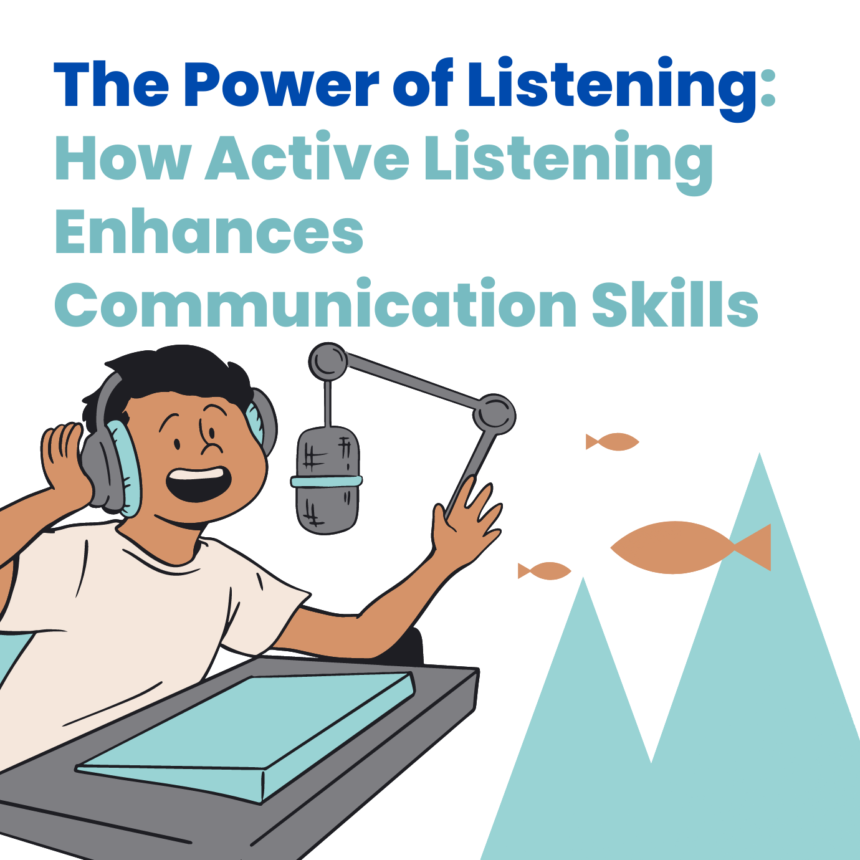Communication is a two-way street, and while we often focus on expressing ourselves effectively, we often overlook the importance of listening. Active listening is a powerful skill that can greatly enhance our communication abilities and improve our relationships, both personally and professionally.
Active listening involves more than simply hearing the words being spoken. It requires our full attention and engagement in the conversation. By actively listening, we demonstrate respect, empathy, and a genuine interest in what the other person has to say. It allows us to truly understand their thoughts, feelings, and perspectives, leading to more meaningful and productive interactions.
One of the key benefits of active listening is that it helps build trust and rapport with others. When we listen attentively, we create a safe space for individuals to express themselves openly and honestly. This fosters a sense of connection and strengthens the bond between communicators. In turn, this trust facilitates effective collaboration, problem-solving, and decision-making.
Active listening also aids in accurate comprehension. By paying close attention to both verbal and nonverbal cues, we can better understand the speaker’s message. We can pick up on subtle nuances, emotions, and underlying meanings that might be missed if we were not actively engaged. This prevents misinterpretations and reduces the chances of misunderstandings, ultimately leading to more effective communication.
Furthermore, active listening promotes empathy and understanding. By immersing ourselves in the speaker’s perspective, we develop a greater sense of empathy and compassion. This empathetic connection enables us to respond with sensitivity and consideration, fostering a supportive environment where individuals feel valued and heard.
To cultivate active listening skills, it is essential to practice certain techniques. These include maintaining eye contact, nodding or providing verbal cues to show engagement, asking clarifying questions, and summarizing or paraphrasing what the speaker has said. These techniques not only demonstrate our attentiveness but also allow us to confirm our understanding and show genuine interest in the conversation.
In conclusion, active listening is a powerful tool that enhances our communication skills and strengthens our relationships. By practicing active listening, we can build trust, improve comprehension, cultivate empathy, and foster meaningful connections with others. So, let’s harness the power of listening and experience the positive impact it can have on our personal and professional interactions.
